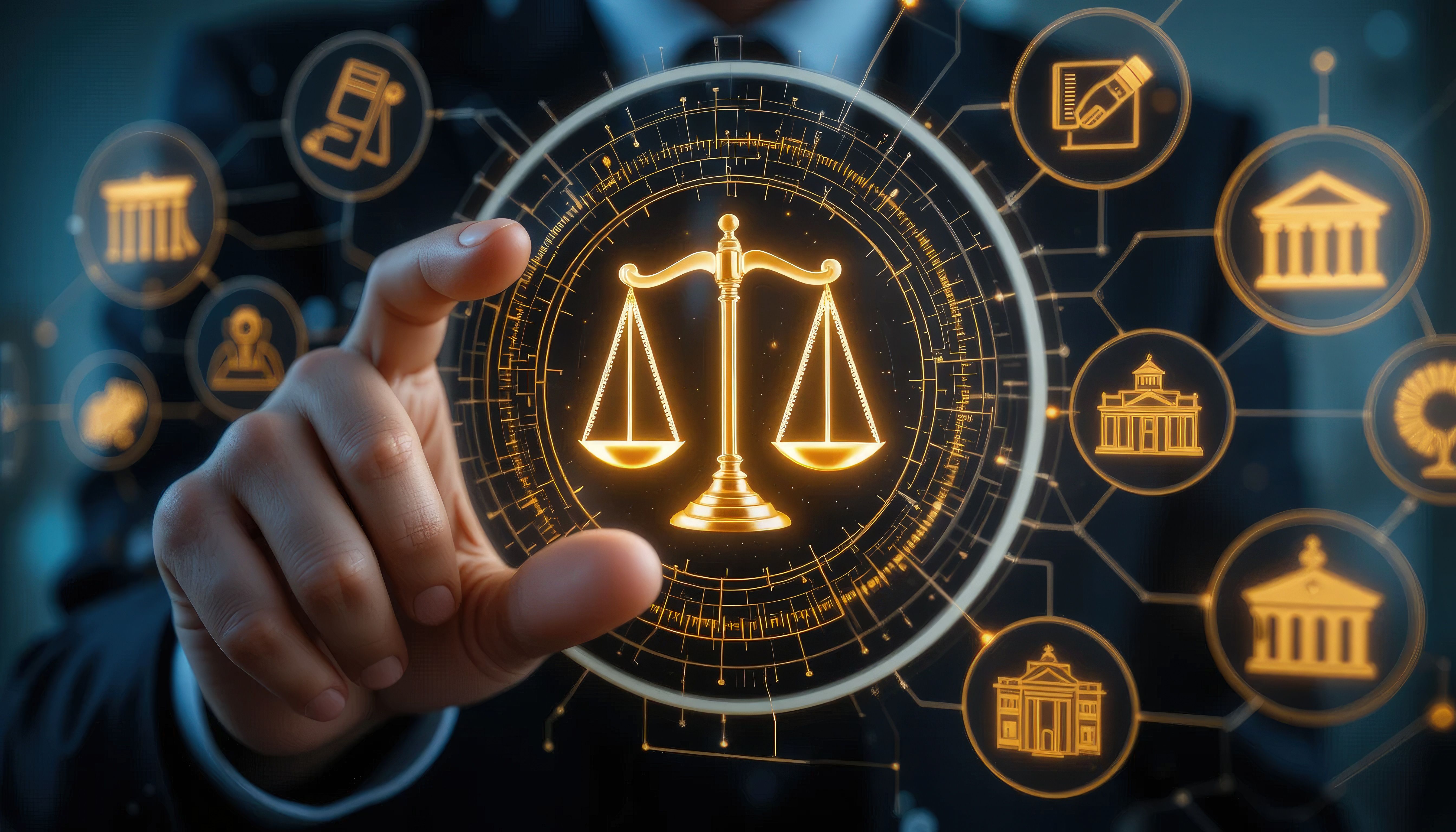DAOs: Revolutionizing Organizational Structures
Introduction to DAOs
Decentralized Autonomous Organizations, or DAOs, are rapidly gaining traction as a revolutionary way to structure organizations. By leveraging blockchain technology, DAOs eliminate the need for traditional management structures, offering a more democratic, transparent, and secure way to manage resources and decision-making processes.
At their core, DAOs are governed by smart contracts, which are self-executing contracts with the terms of the agreement directly written into code. This allows for automated operations and decision-making based on predefined rules, reducing human error and increasing efficiency.

The Inner Workings of DAOs
DAOs operate on a blockchain network, which ensures all transactions and decisions are recorded transparently and can't be altered. This transparency builds trust among participants, as every action taken within the DAO is visible to all members. Moreover, decisions are typically made through a voting process where each member's influence is determined by their stake in the DAO.
One of the most appealing aspects of DAOs is their ability to operate without a centralized authority. Instead of a traditional hierarchy, power is distributed among participants who collaborate and make decisions collectively. This creates a more inclusive environment where every member has a voice.
Benefits of DAOs
DAOs offer numerous advantages over traditional organizational structures. Some of these benefits include:
- Transparency: All actions and decisions are recorded on the blockchain, providing full visibility to all participants.
- Security: Blockchain technology ensures that all data is secure and tamper-proof.
- Efficiency: Smart contracts automate processes, reducing the need for manual intervention and speeding up operations.
- Inclusivity: Every member has a say in decision-making, promoting a sense of ownership and community.
These advantages make DAOs particularly attractive to tech-savvy startups, open-source projects, and communities seeking a more equitable way to manage resources.
Challenges Facing DAOs
Despite their potential, DAOs also face several challenges that need to be addressed. One major concern is the complexity of smart contracts, which require careful coding and testing to prevent vulnerabilities that could be exploited by hackers.
Additionally, the legal status of DAOs remains uncertain in many jurisdictions. As these organizations operate across borders without a central authority, it can be difficult to apply existing legal frameworks. This ambiguity poses risks for members who may face legal challenges or regulatory scrutiny.

The Future of DAOs
The future looks promising for DAOs as they continue to evolve and adapt to changing technological landscapes. As blockchain technology matures and regulatory environments become more accommodating, DAOs are likely to become increasingly prevalent in various sectors.
Innovations such as improved smart contract security and user-friendly interfaces will make DAOs more accessible to a broader audience. Moreover, as society becomes more accustomed to decentralized systems, the adoption of DAOs is expected to accelerate.
Conclusion
DAOs represent a significant shift in how organizations can be structured and managed. By leveraging the power of blockchain technology, they offer a transparent, secure, and efficient alternative to traditional management models. While challenges remain, the potential benefits of DAOs make them an exciting prospect for the future of organizational structures.
As more people and organizations explore the possibilities of DAOs, we can expect to see innovative applications that further revolutionize how we collaborate and govern ourselves in the digital age.
DAO (Decentralized Autonomous Organization): An organization represented by rules encoded as a transparent computer program, controlled by its members and not influenced by a central government.
